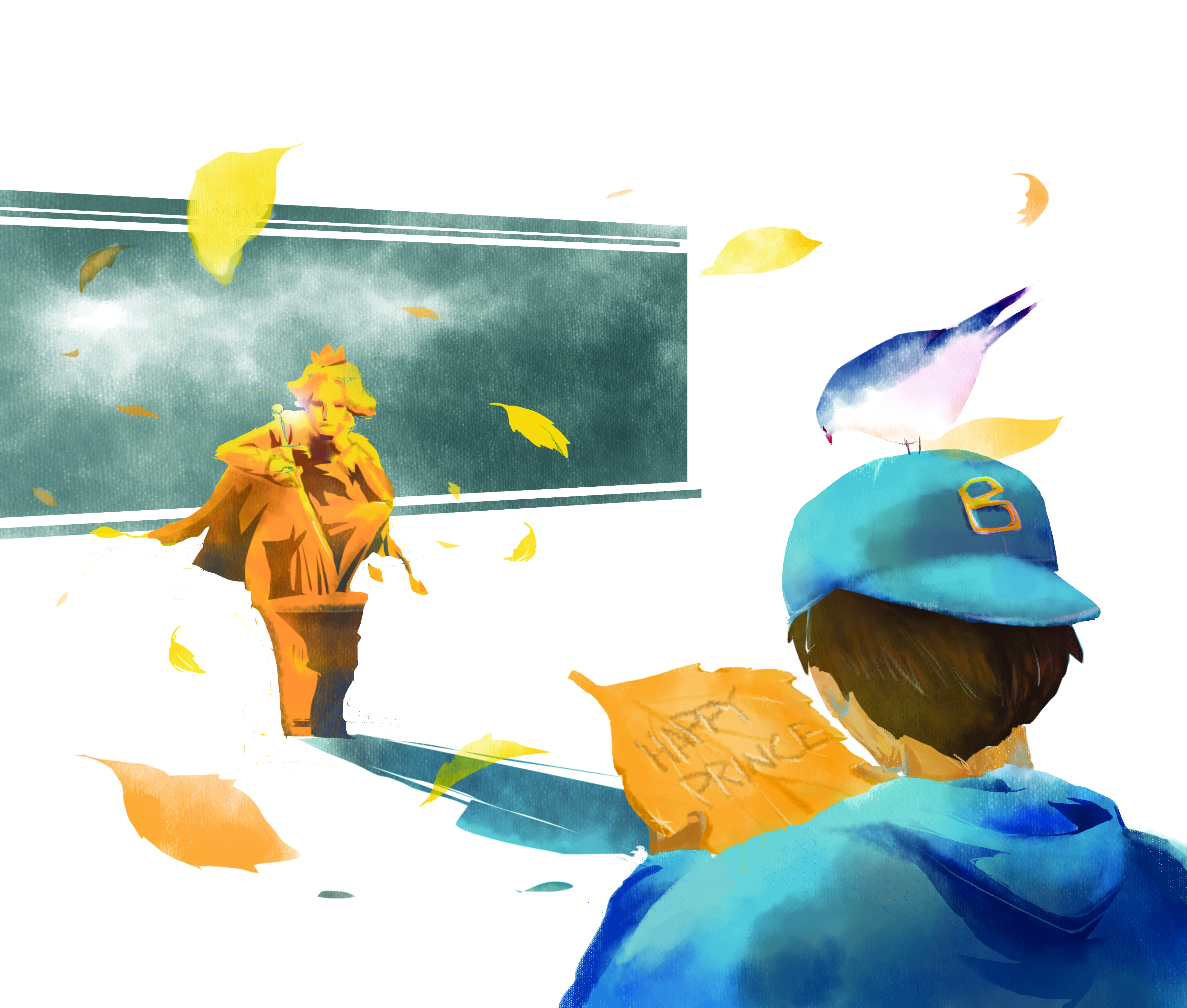A select number of students will shuttle to a library 13 miles away next quarter, for a seminar about famous playwright Oscar Wilde and the chance to receive $1,000 for completing the course.
The upper division seminar, which is run through the UCLA William Andrews Clark Memorial Library in downtown Los Angeles and the UCLA Center for 17th and 18th Century Studies will accept 10 undergraduate students to conduct research with rare primary documents from Oscar Wilde’s life.
Students in the course will be able to take a free shuttle that runs between UCLA and the library each week for the seminar.
The Ahmanson Foundation, a charitable organization that provides grants for nonprofit organizations in the arts and humanities, education, health care and human services, will fund the $1,000 scholarships. The foundation oversees all research projects at the Clark Library, where the seminar will take place.
The Center for 17th and 18th Century Studies runs the Clark Library, which is the oldest library affiliated with UCLA, and specializes in 17th and 18th century English literature, Oscar Wilde and fine printing, according to the library’s website .
“The Clark Library has the largest collection of Oscar Wilde’s work in the world,” said Joseph Bristow, a professor of English who will teach the course.
“It is off-campus because it was donated to UCLA by William Andrews Clark Jr., before the (current) UCLA campus was built.”
The Oscar Wilde seminar is not the only one of its kind, said Kathy Sanchez, the manager for programs and administration at the Center for 17th and 18th century studies. Other seminars on a variety of topics, including print culture in early modern Britain and Shakespeare, have also taken place at the Clark Library with funding from the Ahmanson Foundation.
In 1997, the Ahmanson Foundation director and the former Clark Library director began offering scholarships to undergraduate students taking upper division classes to encourage students to go to the library and conduct research with the primary sources there, Sanchez said.
“The seminar will give students the opportunity to look at Oscar Wilde’s unpublished manuscripts and to learn advanced research methods for work in the humanities,” Bristow said.
Each student will be required to complete a 5,000-word research project and presentation about Oscar Wilde during the course, which they may work on individually or in a small group, Bristow said.
Bristow said he has taught the seminar twice before, each time to students from various majors, such as political science, anthropology, art history and French. Students with minors in the sciences have also taken the course, he added.
Students who want to participate in the seminar must submit a letter explaining why they want to enroll in the course, a printout of their Degree Progress Report and a resume with their contact information.
“It’d be nice if the student has a passion for Oscar Wilde, too,” Bristow added.
Some students, such as third-year biology student Crystal Shen, had not heard of the seminar before.
Shen said she feels the scholarships will be a good incentive for students to enroll in the seminar.
“The scholarship means students would be dedicated,” Shen said. “I think it sounds like an exciting opportunity.”
Students can submit applications for the Oscar Wilde seminar to Bristow to the UCLA English Department main office in Humanities 149 by Friday. Bristow will begin conducting interviews during the week of Nov. 19.
Email Levin at ylevin@media.ucla.edu.
